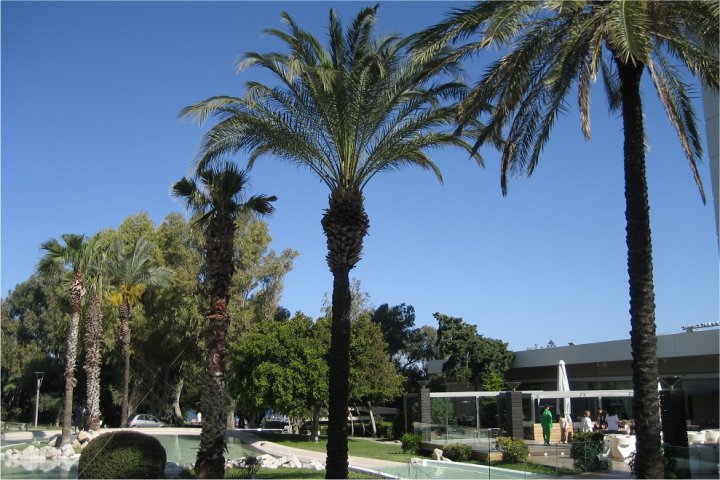


At the start of the World Youth Rapid and Blitz Chess Championships, where I accompanied my 15-year-old son Max and the other German participants as head of delegation, I was reminded of my own first World Youth Championships. I was also 15 years old at the time and met celebrities such as Vasily Ivanchuk and a then relatively unknown Indian player who stood out for his extremely fast play: Vishy Anand. Much has remained the same – the colourful hustle and bustle with participants from all over the world, the excitement of the players (and parents) before the first rounds... But some things have also changed. Back then, there was only classic chess, the youngest category was U16, and the tournaments were smaller – each country could only send one male and one female player.
In the categories commonly used today, U8 to U18, 15-year-olds are now considered to be among the older players (the youngest in the U8 category were just 5 years old), and the organisers do not impose any limits on the number of participants. Different countries deal with this in different ways. The largest delegations this time came from the host country Greece (57), South Africa (51), Russia and Belarus under a neutral FIDE flag (45) and Poland (44). Kazakhstan (22) and Vietnam (20) were also very well represented, especially in terms of playing strength. A total of 433 children and young people from 48 countries took part. Nine boys and three girls represented Germany. Max had actually qualified for the classic Youth World Championship last year thanks to his good performance at the German Championships, but as this was taking place in Brazil, it would have been too expensive for us to attend. We therefore opted for the closer, shorter and therefore cheaper option with rapid and blitz in Rhodes.
You could tell we were approaching a chess tournament as soon as we arrived at the airport...

What do young chess players do when they have to wait? Play chess, of course...

The venue was the huge but very pleasant 5-star Rodos Palace Hotel, which had recently hosted the Women's European Championships and a number of other tournaments.

The tournament hall offered excellent playing conditions.

Only the youngest played in the foyer.

The youngest participants were very enthusiastic, but some of them were clearly tired towards the end of the tournament...
Eleven rounds of rapid chess and eleven rounds of blitz chess spread over five days – that may not sound like much, but of course the tension during a world championship is particularly high. My impression was that the time between rounds was sometimes almost as exhausting, especially as some unexpected or unpleasant twists in the previous games had to be processed first...

Before each round, everyone had to queue up to pass through the anti-cheating checks.

Max struggled with the clock in the Rapid tournament and only managed a mid-table finish, but found his rhythm in the Blitz, beating several much higher-ranked opponents to claim the silver medal!
The most successful nations came from the East: the Kazakh team won the most gold medals, with the Kazakh national anthem being played ten times at the award ceremony. Seven gold medals and a total of 20 medals went to the young Russian and Belarusian players competing under the FIDE flag, while the Vietnamese took to the podium 15 times.

The young Kazakh player Alisha Bissaliyeva performed best: she won all her games and thus both tournaments in the girls' U8 category with a 100% score!
All too soon, it was time to leave again. And what do young chess players do while waiting for the airport bus?

Play chess, of course!